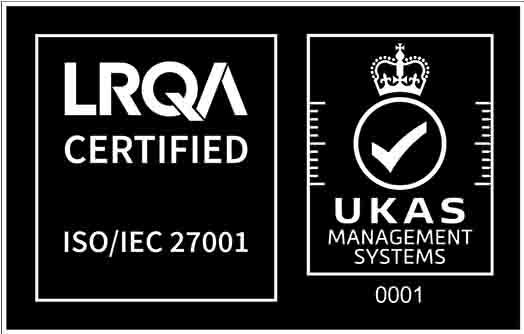Skype for Business is a relative newcomer to the enterprise unified communications world. Taking on experienced incumbents Cisco and Avaya wasn't and isn't an easy task. To gain market share any disrupter requires a fierce range of features to make customers sit up and pay attention, enter Skype for Business.
Deploying Skype for Business Online and hybrid isn't a project to take on lightly. It's forward thinking to start moving UC to a cloud-designed platform but shiny features are one thing, successful delivery and reliability is where a customer realizes the real value.
What is the Skype Operations Framework?
The Skype Operations Framework is a set of practical guidelines, tools and arssets developed by Microsoft to help Skype for Business implementation teams have a smooth launch of the system. The Skype Operations Framework gives unified communications owners a great structure for planning how to tackle each of the phases; plan, deliver and operate.
Why was the Skype Operations Framework Developed?
The framework was setup to help partners guide migrations to Skype for Business Online and hybrid but it can be adapted for any UC deployment, including Skype for Business on-premises. Skype for Business is an inherently different platform to the other dominant unified communication vendors, Cisco and Avaya. A best practice implementation approach for Avaya and Cisco looks very different to that of Skype for Business. It would be unusual for an organization to move everything to Skype for Business overnight, it's usually a gradual approach across multiple-vendors. In the day-to-day operations unlike Cisco and Avaya, Skype for Business does not operate off it's own hardware, it's reliant on a complex set of equipment from various suppliers and third parties. Therefore, to educate and help guide UC teams towards success Microsoft developed a specific processes and best practices, enter the Skype Operations Framework.
Skype for Business relies heavily on network performance, the right tools and cloud expertise. Therefore, Skype for Business can only be truly successful if all these elements are fit for the new purpose. Ultimately the Skype Operations Framework was developed to address common issues that arose throughout the entire UC lifecycle: plan, deliver and operate.
Questions UC Teams should Answer, Before Deploying Skype for Business
Before you embark on the journey of moving to Skype for Business, you need to know why are you doing it. At the beginning of any major investment in your organization's infrastructure you must ask and answer the basic questions. Are you replacing an aging system? Are you looking to implement the productivity gains that Skype for Business provides? These answers will help you define what success looks like and help you plan where to begin, who to involve and how to measure success. It is also important to remember that all IT projects involve three key components; people, process and technology. Usually IT teams pay the most attention to technology, then processes and lastly people; in reality they should be treated equally.
Consider these questions:
- What does it take to run high-quality real-time communications service globally?
- How does the quality of network impact the quality of calls?
- What are the right tools & approach to assess network readiness?
- What steps do I need to take before moving to the cloud?
- How to interconnect existing telephony infrastructure to the cloud?
- What adoption practices will drive habitual usage of Skype for Business?
- Who are the certified partners to help with ongoing managed services?
These tip-of-the-iceberg questions make you realize how many considerations there are in migrating a unified communications platform and how the value of a well-structured framework can make all the difference.
Benefits of using the Skype Operations Framework for Deployments
- Best practice methodology for planning, delivery and operation phases of deploying Skype for Business.
- Standardized recommended practices to ensure quality experience and fills gaps in tools, readiness and process.
- Repeatable and evolutionary for existing and new implementations.
- Validated by engineering at customers and endorsed by partners.
- Enables focus on core competencies rather than creating delivery methodologies.
- Provides a common language to use across the ecosystem.
All unified communications platforms require robust monitoring and troubleshooting software on top of them to ensure UC teams can keep on top of performance. However the complex multi-vendor nature of Skype for Business operations and deployment demands for a truly multi-vendor designed monitoring tool. A monitoring tool that only assesses Skype for Business will not be sufficient to cover all aspects of the ecosystem.
IR works hand-in-hand with Skype for Business Online and on-premises as well as with the Skype Operations Framework to help customers have a successful deployment and ongoing experience. Our unique Prognosis UC Assessor is aligned with the network assessment guidelines set out in the Skype Operations Framework so you can ensure your network has the capacity and performance required. IR Prognosis provides ongoing performance and quality management across the entire multi-vendor Skype for Business ecosystem.
To learn more about successful Skype for Business Deployment download this handy checklist.





